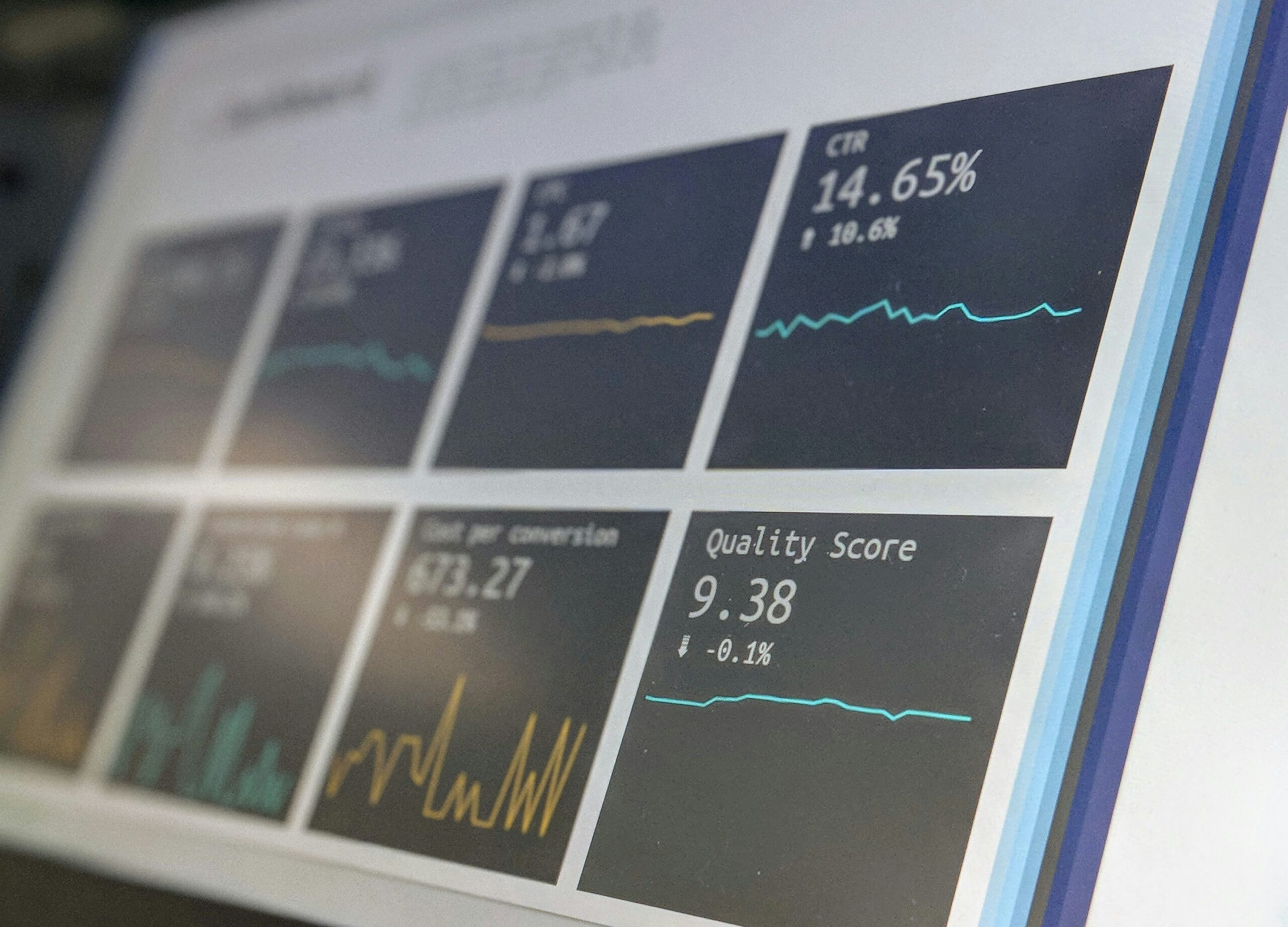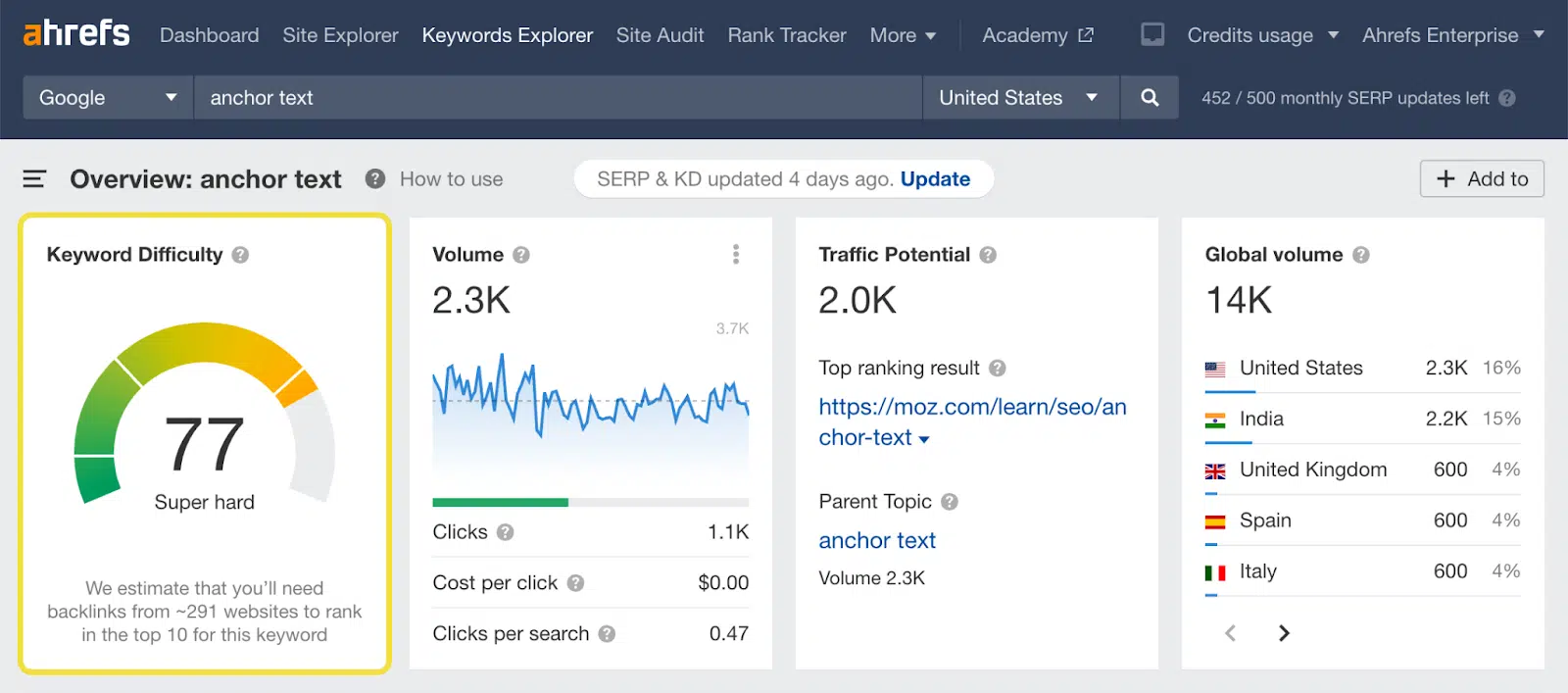When it comes to successful digital marketing campaigns, setting clear objectives is more than just a best practice—it’s a necessity. For instance, consider a ship setting sail without a destination in mind. It’s likely to veer off course, wasting resources and time. Similarly, a campaign without clear objectives lacks direction, resulting in lower engagement and misalignment within teams.
The Pivotal Role Of Clear Objectives
Clear objectives act as a lighthouse, guiding your digital marketing strategy and ensuring that all your efforts are directed toward a common goal. For example, if your objective is to increase brand awareness, your strategies—be it social media campaigns, content marketing, or SEO—should all align with this objective, leading to higher engagement and a cohesive brand image.
Differentiating Between Long-Term Goals And Short-Term Objectives
Both long-term goals and short-term objectives are crucial to a successful digital marketing strategy, but they serve different purposes and are approached in unique ways. Long-term goals are your ultimate targets, the pinnacle of what you’re striving for. They are broad, encompassing the big picture of where you want your brand to be in the future. Think of these as your destination—the final point on your journey.
On the other hand, short-term objectives are the stepping stones that will get you to your destination. These are specific, measurable, attainable, relevant, and time-bound (SMART) targets that are designed to propel you toward your long-term goals. They are the smaller, manageable tasks that you undertake to gradually build up to your ultimate aim. More details on this will follow, but this high-level view is crucial to understanding how your overall strategy should be structured.
Impact Of Well-Defined Goals On ROI And Business Growth
Defining goals and objectives not only strengthens your marketing strategy but also positively impacts ROI and overall business growth. Companies that set clear marketing goals are better positioned to quantify success, measure ROI, and achieve long-term sustainability. For example, the global cosmetics brand Sephora attributes its robust online presence and customer engagement to its well-defined digital marketing goals and objectives.

Understanding The Difference Between Goals And Objectives
Understanding the difference between goals and objectives is crucial for businesses. A goal in a digital marketing context is broad and aligns with the business vision, while an objective is more precise, measurable, and time-bound.
Definition Of A Goal In A Digital Marketing Context
A goal in digital marketing is a broad, high-level target that aligns with your business’s vision and mission. For instance, a goal could be “Increase brand visibility,” which, while qualitative and broad, sets a clear direction for your marketing efforts.
Examples Of Well-Defined Goals In Digital Marketing
- Boosting Website Traffic: This broad, high-level goal aims to increase the number of visitors to a company’s website. It’s aligned with the overall business vision of expanding its digital footprint and attracting more potential customers.
- Improving Brand Awareness: An essential goal in any digital marketing strategy is to enhance the recognition and familiarity of the company’s brand among its target audience. This strategic objective supports the broader vision of establishing a strong market presence.
- Increasing Conversion Rates: A core goal for many digital marketing campaigns is to increase the percentage of website visitors who take a desired action like making a purchase, signing up for a newsletter, or downloading a resource. This goal is in harmony with the overarching business mission of driving sales growth and customer engagement.

Definition Of An Objective In Digital Marketing
An objective, on the other hand, is a specific, measurable, actionable, and time-bound step that helps achieve your broader goal. For instance, an objective to support the goal of increasing brand visibility could be “Increase website traffic by 15% in the next quarter.”
Examples Of Well-Defined Objectives In Digital Marketing
- Increase Organic Website Traffic by 20% in 6 Months: This objective aligns with the goal of boosting website traffic. It is specific (increase organic website traffic), measurable (by 20%), actionable (through SEO and content marketing strategies), and time-bound (in the next 6 months).
- Achieve a 10% Improvement in Brand Recognition among Target Audience within the Next Year: Supporting the goal of improving brand awareness, the objective is specific (improve brand recognition), measurable (10% improvement), actionable (via targeted advertising and social media campaigns), and time-bound (within the next year).
- Boost Website Conversion Rate by 5% Over the Next Quarter: This objective helps in achieving the goal of increasing conversion rates. It is specific (increase website conversion rate), measurable (by 5%), actionable (through website optimization and targeted promotions), and time-bound (over the next quarter).
Why Setting Clear Digital Marketing Goals Is Crucial
The importance of setting clear digital marketing goals can’t be overstated. Ambiguous or undefined goals can result in directionless campaigns, wasted resources, and a lack of motivation among team members.
Mind Your Business Newsletter
Business news shouldn’t put you to sleep. Each week, we deliver the stories you actually need to know—served with a fresh, lively twist that keeps you on your toes. Stay informed, stay relevant, and see how industry insights can propel your bottom line.
Subscribe to Mind Your Business
The Pitfalls Of Ambiguous Or Undefined Goals
Imagine running a marathon without a finish line. Sounds absurd, right? That’s exactly what a marketing campaign with an ambiguous goal is like. Without a clear end-point in mind, campaigns can end up directionless, resulting in wasted resources and low morale among the team. For example, a campaign with an undefined goal like “boost online presence” leaves too much room for interpretation, leading to disjointed efforts and unclear outcomes.

Steps To Define Your Digital Marketing Objectives
Defining your digital marketing objectives is not a one-and-done process. It requires alignment with your business vision, brainstorming, and the use of tools and platforms to assist in the process.
- Identify and Understand Your Business Goals: The first step is to clearly identify your business’s overarching vision and goals. Are you aiming for brand recognition, customer loyalty, or expansion into new markets? Your marketing objectives should always be in sync with these broader business targets.
- Know Your Audience: It’s essential to have a deep understanding of your target audience – their needs, preferences, and online behaviors. This knowledge enables you to create tailored objectives that will resonate with your audience and lead to meaningful engagement.
- Analyze Your Competitors: Analyze your competitors’ digital marketing strategies. Identify what works for them, their strengths, and gaps in their online presence. This will help you carve out your unique value proposition and set objectives that exploit opportunities your competitors are missing.
- Set Specific Objectives: Objectives should be specific and clear. For example, instead of stating “increase website traffic,” a more specific objective would be “Increase website traffic from organic search by 20% in the next six months.”
- Ensure Objectives are Measurable: Your objectives need to be measurable for you to track progress effectively. Use specific numbers and key performance indicators (KPIs) to quantify your objectives.
- Make Objectives Achievable: Set objectives that are ambitious yet attainable. Unrealistic objectives can be demotivating and counterproductive. Analyze your resources and capabilities carefully before setting the objectives.
- Relevance of Objectives: Ensure the objectives are relevant to your business and audience. Objectives that are not aligned with your business goals or do not cater to your audience’s needs can derail your marketing efforts.
- Time-bound Objectives: Time-bound objectives create a sense of urgency and keep your team focused. Specify when you expect each objective to be achieved, whether it’s within a quarter, six months, or a year.
- Prioritize Your Objectives: Prioritize your objectives based on their potential impact on your business goals. This helps allocate resources effectively and keep your team focused on the most crucial tasks.
- Review and Adjust: Digital marketing is dynamic, and your strategies and objectives should be too. Regularly review your objectives in light of the campaign’s performance, changing market trends, and your evolving business needs. Don’t hesitate to adjust objectives as needed to keep your strategy effective and relevant.
The Importance Of Aligning Objectives With Business Vision
Ensuring that your objectives resonate with your company’s mission and values is crucial. This not only guarantees alignment within your team but also ensures that your marketing efforts are working towards the broader goals of your business. For instance, if your business values environmental sustainability, an aligned marketing objective could be to increase the reach of your eco-friendly product line.

Measuring The Success Of Your Digital Marketing Goals
To effectively measure the success of your digital marketing goals, you’ll need to lean heavily on Key Performance Indicators (KPIs), which are quantifiable measures used to gauge performance over time. Analytics tools are also integral, providing valuable insights into user behavior and campaign performance. For instance, tools like Google Analytics can help track website traffic, user engagement, and conversion rates, while social media analytics can provide data on reach, likes, shares, and more.
Additionally, the capacity to adapt and recalibrate your strategy based on campaign feedback and results is pivotal. This might involve tweaking your call-to-action, adjusting your target audience or redefining your objectives to ensure that they continue to align with the evolving needs of your business and customer base.
Key Performance Indicators (KPIs) To Track And Measure
KPIs play an essential role in gauging the success of your digital marketing efforts. These measurable metrics allow you to determine whether your campaign is meeting your intended objectives. For example, if your objective is to increase website traffic, a relevant KPI could be the number of unique visitors to your site over a given time period.
- Website Traffic: This is a measure of the number of people who visit your website. It is a fundamental metric to gauge the effectiveness of your online presence. A continuous increase in website traffic indicates that your marketing strategies are reaching and attracting your target audience.
- Bounce Rate: This indicates the percentage of visitors who leave your website after viewing only one page. A high bounce rate can signal that your website’s layout is unappealing, the content is not engaging, or the site navigation is complex. Improving these aspects can help retain visitors and convert them into customers.
- Conversion Rate: This is the percentage of website visitors who perform a desired action, such as filling out a form, signing up for a newsletter, or making a purchase. A high conversion rate means your website effectively encourages visitors to take the desired actions, indicating successful marketing efforts.
- Customer Acquisition Cost (CAC): This measures the average cost to acquire a new customer, accounting for your total marketing spend divided by the number of new customers acquired in a given period. A low CAC indicates a more efficient marketing and sales process.
- Social Media Engagement: This metric measures the interactions on your social media platforms, including likes, shares, comments, and follows. High social media engagement indicates that your content resonates with your audience, and helps to build brand loyalty and expand your online reach.

The Role Of Analytics Tools In Gauging Campaign Success
Analytics tools are invaluable in measuring the success of your digital marketing campaigns. Tools like Google Analytics provide in-depth insights into your campaign performance, helping you understand what’s working and what needs to be improved. For instance, the bounce rate (the percentage of visitors who leave your website after viewing only one page) can provide valuable information about the user experience of your website. It can tell you whether users are finding the content engaging, or if there is room for improvement in terms of design and navigation.
Analytics tools can also provide real-time insights into how people respond to your content, as well as their key interests and preferences. This helps to guide your future campaigns and optimize content for better engagement. Additionally, analytics tools can measure the effectiveness of different channels in driving leads and conversions. This allows you to make strategic decisions about allocating marketing resources more effectively.
5 Ways Businesses Use Analytics Tools To Gauge Campaign Success
- Assessing User Engagement: Businesses can leverage analytics tools to monitor how visitors interact with their website or content. Metrics such as time spent on the page, click-through rates, and scroll depth can provide insights into user engagement and content effectiveness.
- Understanding User Demographics: Analytics tools can provide detailed demographic information about the users visiting a website. This includes age, gender, geographic location, and interests. Such data can be vital in refining marketing strategies to target the right audience.
- Tracking Conversion Paths: By tracking the user’s journey – from the initial point of contact to the final conversion – businesses can identify which marketing efforts are most effective in driving conversions. This can help optimize the customer journey and improve conversion rates.
- Monitoring Social Media Performance: Analytics tools can track campaign performance on different social media platforms. Metrics like shares, comments, likes, and follows can help businesses understand which content resonates with their audience and which platforms are most effective for their brand.
- Identifying Traffic Sources: Analytics tools can identify the sources of website traffic, such as organic search, social media, or direct traffic. Understanding where most of your traffic comes from can help businesses prioritize marketing efforts and allocate resources more effectively.

Conclusion
Effectively setting and managing digital marketing goals and objectives is fundamental to any successful marketing strategy. Clear goals act as a guiding light, illuminating the path toward achieving your broader business vision, while well-defined objectives provide the actionable steps needed to reach these goals. By differentiating between long-term goals and short-term objectives, and aligning these with your company’s vision, you create a strategic roadmap that fosters growth and enhances ROI. Leveraging key performance indicators and analytics tools, you can measure the success of your campaigns, making necessary adjustments to optimize performance. Thus, having a firm grasp of defining, executing, and measuring your goals and objectives becomes the cornerstone of a robust digital marketing strategy.







